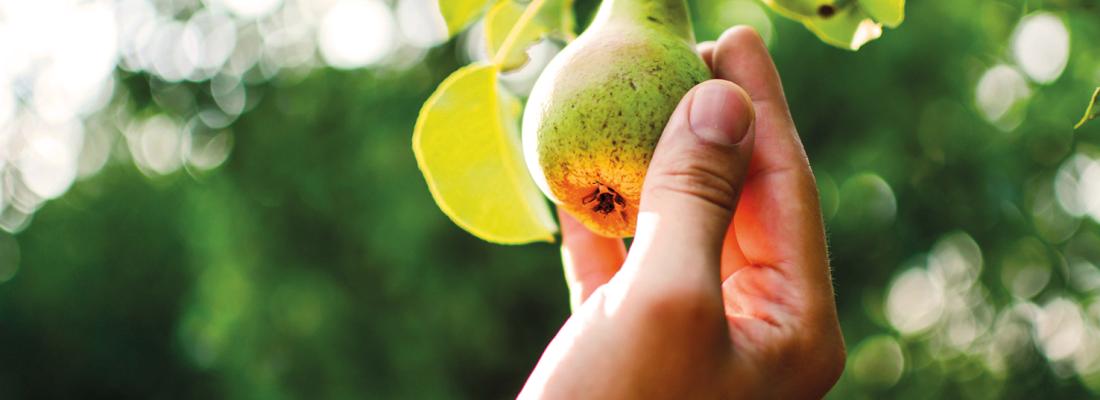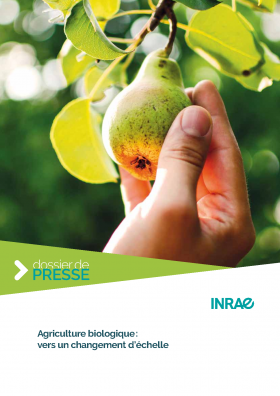Reading time 3 min
Press report - Organic farming: towards a radical change of scale
Published on 28 February 2022

“Organic” agriculture is often defined by default as a mode of production that renounces inputs of chemical origin, as opposed to so-called “conventional” agriculture. But organic farming is more than that: it is a comprehensive system of agricultural management and food production combining supply of food, protection of the environment, respect for animal welfare and rural development, thanks to methods based on respect for biological and ecological balances. It is backed by a certification, the famous AB label, and it is strongly oriented by the expectations of consumers... who are more than ever "consum'actors" as it is true that societal demand is changing the lines of farms, sectors and distribution. According to Agence Bio, in 2020, more than 9 out of 10 French people say they have consumed products from organic farming during the year, 13% even say they consume them every day!
At INRAE, organic farming has long been a subject of research. Our institute is today the one that publishes the most scientific articles in the world in the field of organic farming. It owes it to pioneering researchers who, from the 1980s, launched initiatives on the subject. Today, a meta-research program, involving all disciplines and all INRAE departments, is underway. Named METABIO, it explores the hypothesis where the national supply of organic products would become the majority. Extensive (meta)program! Indeed, a global agriculture at 50% or more would require no less than a radical change in the entire agri-food chain.
Such a working hypothesis raises new research questions.
Summary

- From field to fork: whole-system health and product quality under the microscope
- Potential keys to a successful transition
-
Looking for multi-performance from organic farming
Press conference replay (French only)
- With the introduction of Philippe Mauguin, CEO of INRAE;
- Claire Jouany (10'50") and Lionel Alletto (14'50"), talk about the diversification of organic crops to deal with the problem of mineral resources;
- Followed by Sophie Prache (19'30"), addressing the issue of the quality of organic vs. conventional products;
- And Eric Giraud-Heraud (28'50"), who explains the importance of the consumer's willingness to pay for organic wines;
- Finally, Françoise Médale (35'50"), director of the INRAE Metabio metaprogramme, concludes these presentations of researchers;
- This is followed by a question-and-answer session (40'20") with the journalists, in the presence of Servane Penvern, agricultural engineer in charge of coordinating the Metabio metaprogramme, and Cécile Détang-Dessendre, Deputy Director of Agriculture at INRAE.
